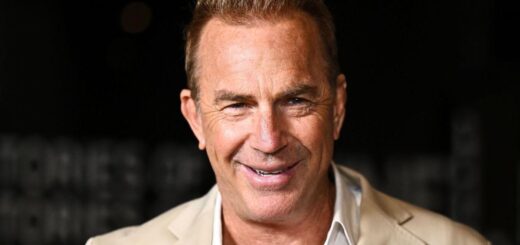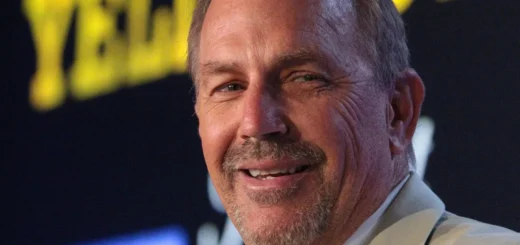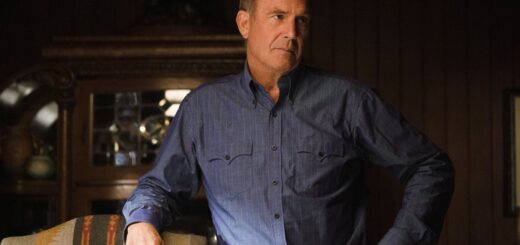“‘Horizon 2’ Review: Kevin Costner’s Sequel Fails to Ignite Enthusiasm”
As expansive and uninspired as its title suggests, “Horizon: An American Saga” lends itself to many descriptions. Whether you find it hokey, nostalgic, old-fashioned, or out-of-touch, it’s clear that Kevin Costner, who stars, directs, produces, and co-writes, isn’t here to reflect on the past with a sense of longing. Instead, he’s set out to celebrate the myths of old.
This approach gives “Chapter 2” an unintendedly melancholic tone. With the Venice Film Festival having already moved on and the film’s theatrical release canceled, “Horizon: An American Saga – Chapter 2” stands as a testament to unfulfilled ambitions and the grand attempts that often don’t make it into the mainstream American narrative.
Continuing the storytelling style from “Chapter 1,” this sequel is unlikely to attract new fans or secure a theatrical revival. However, it may still appeal to those who enjoyed the previous installment’s surprise VOD success, potentially giving Costner the momentum needed for the production of subsequent chapters. For now, the saga’s cinematic journey comes to an abrupt halt.
The film picks up immediately where the last one ended, introducing Giovanni Ribisi as Pickering, a dubious promoter who entices families to the ill-fated settlement of Horizon. After a brief introduction to Pickering, the film jumps three years ahead to follow a group of settlers led by Matthew Van Weyden (Luke Wilson) on their arduous journey. The narrative shifts between various characters, including the strong patriarch Owen Kittredge (Will Patton) and his adventurous daughter Diamond (Isabelle Fuhrman), as well as other settlers with their own struggles and conflicts.
The settlers form a moving community with strict codes of conduct. While there are unspoken rules about the dangers and secrets within this group, including nightly assaults hidden from view, the film explores these themes with a heavy hand. The tension between the more progressive Diamond and her father reflects a broader critique of the era’s hypocrisies.
As the plot unfolds, the newly widowed Frances (Sienna Miller) navigates the remnants of the settlement from the first film, now inhabited by a Chinese milling community, introduced with a stereotypical musical score. This is just one example of the film’s outdated approach, rooted in a production period that spans about 15 years but feels long past its prime.
The film’s promise of grand Western spectacle falls flat, and instead, “Chapter 2” plays out as a slow, uninspired historical soap opera. Despite a pulse-pounding conclusion that hints at more excitement to come, the film’s lengthy three-hour runtime is mostly spent padding out the story. While there are standout moments, such as Michael Rooker’s engaging performance and Costner’s own charismatic presence, these instances are rare and fleeting.
Ultimately, “Chapter 2” feels like a drawn-out prelude to more significant events promised in “Chapter 3.” Costner’s optimism for the saga’s future remains commendable, even if this installment fails to deliver on the grand scale he envisioned.


